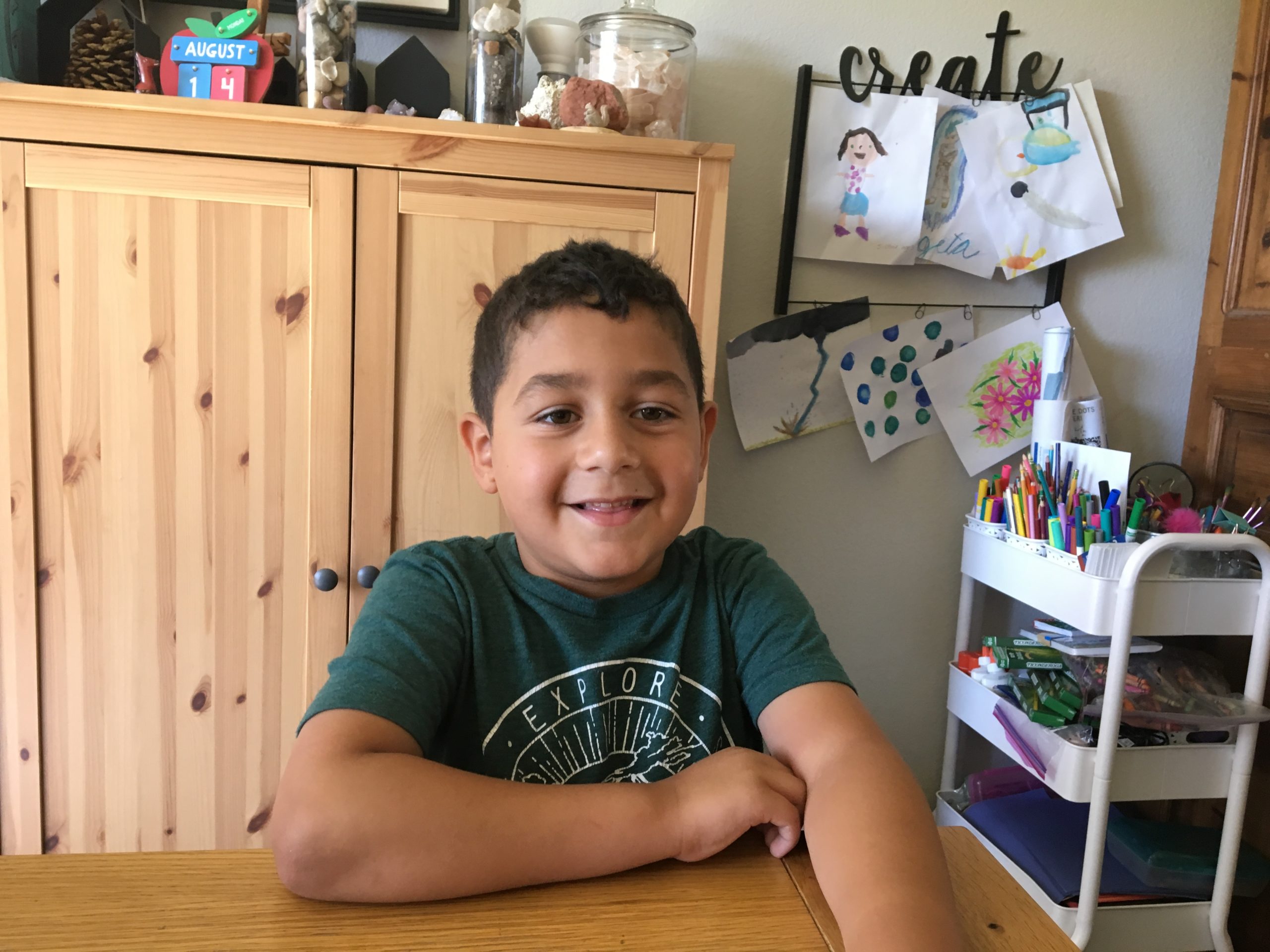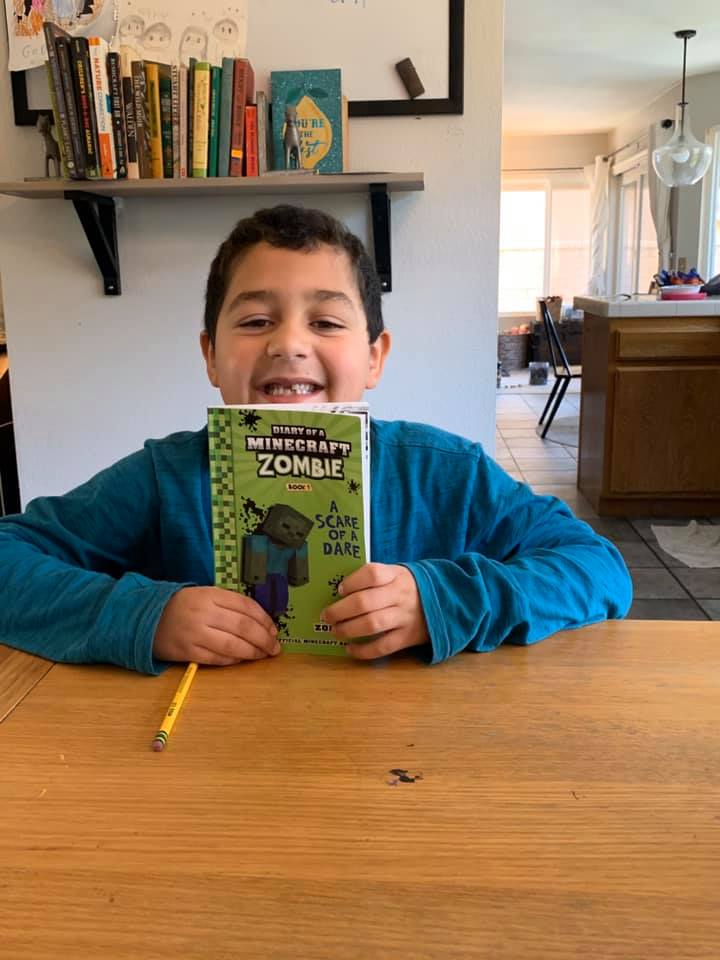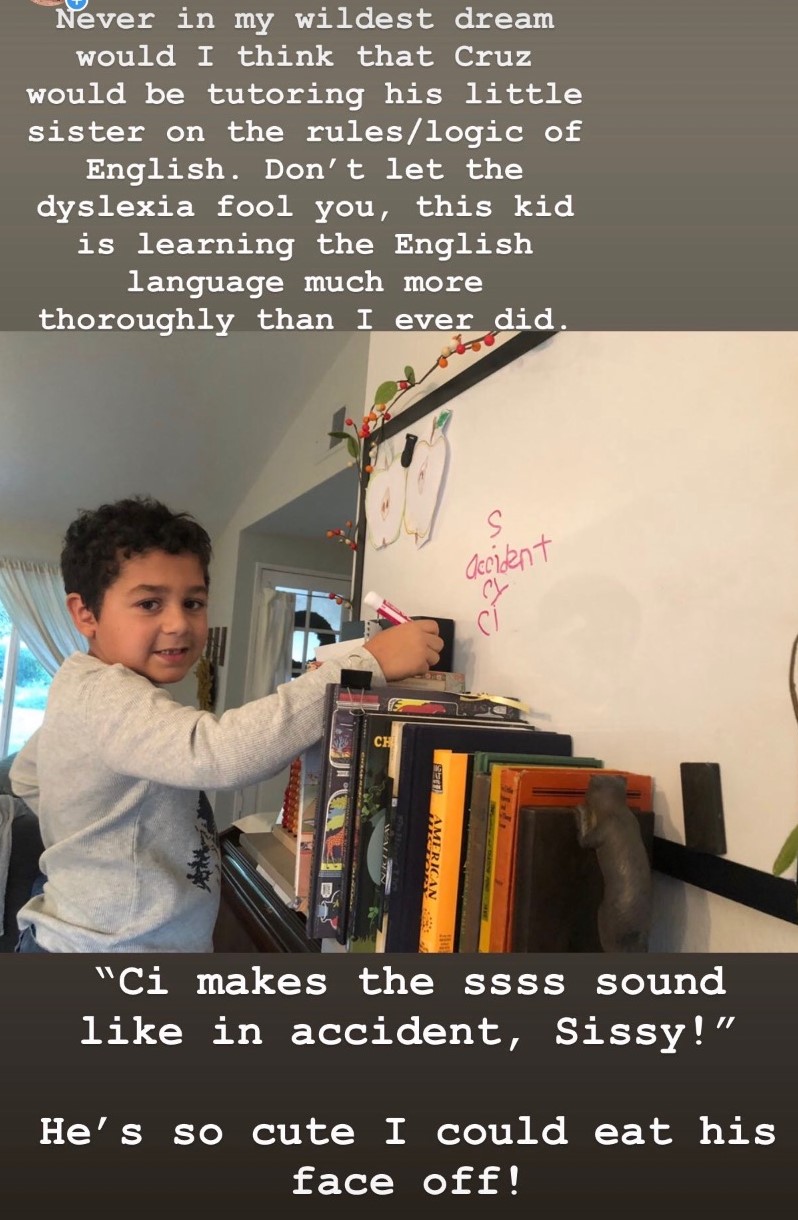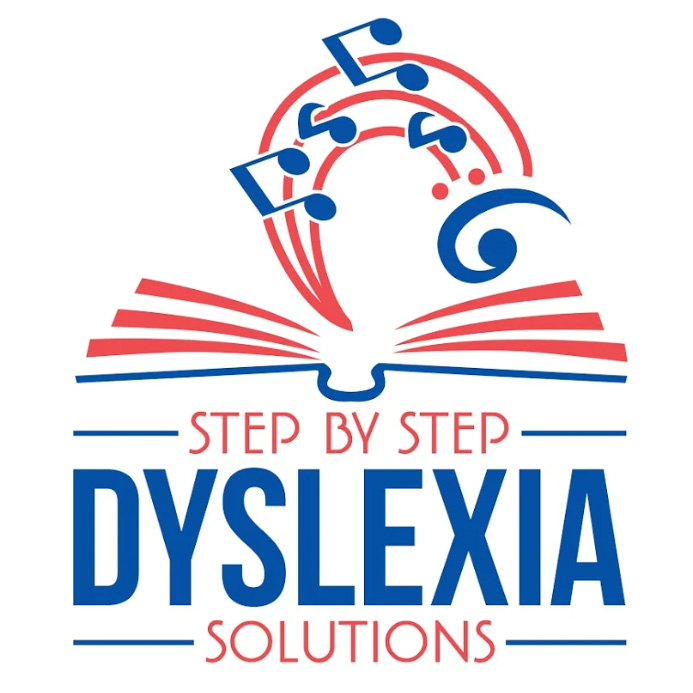Is it Best to Homeschool a Dyslexic Child?
Are you still wondering if homeschooling your dyslexic child is a brilliant idea or the worse idea you’ve ever had? Wonder no more, as you’re about to find out.
Imagine if you would, for a brief moment, a child struggling to read a new language aloud in a classroom filled with other children. As if his nervousness wasn’t enough, the snickering of peers in the background throws him further into anxiety and frustration. You can see the look all over his face “please, no more of this”. Although the teacher may finally move on to the next student, for the struggling dyslexic child, the battle goes beyond that moment. It spans into a daunting challenge of maintaining a healthy self-image on a regular school day. This is the reality for many dyslexic children and for this reason, many parents have sought possible alternatives such as homeschooling.

Homeschooling and other types of at-home learning are fast becoming the norm for many families. As schools are increasingly required to adhere to mandates, less time is devoted to the individual needs of dyslexic students. This has made many parents turn towards homeschooling as a viable option for teaching their children. However, whether homeschooling your dyslexic child is a temporary solution to COVID-19 stay-at-home lockdown or a long-term option for educating your child, there are unique challenges about how to begin and the obvious advantages.
Homeschooling your child during the pandemic is challenging whether your child is dyslexic or not. Having a child that has dyslexia may have you questioning your abilities and you’re feeling frustrated that the schools may have just left you to fend for your child. What if you have no experience in homeschooling or teaching? Many parents often fear to homeschool because they doubt their ability to teach the child to read well. This makes perfect sense to me.
However, the truth is that very few schools provide anything close to the individualized one-on-one instruction and guidance needed by a dyslexic child. In fact, almost no school ever provides access to audiobooks paired with printed text, giving the dyslexic child the opportunity to keep up with peers in literature-based learning and vocabulary.
Today, I’m going to help you with that. I almost homeschooled my own kids 25 years ago but opted out when I felt my call to be a teacher. So, my husband and I made some sacrifices and put our kids in private school. We were concerned about the liberal curriculum even back then. So I am a strong advocate of homeschooling. Students who are homeschooled develop strong bonds with their parents, you don’t have to spend time disciplining other students misbehaving in class, there is flexibility in curriculum related to field trips and so much more. I will be discussing with you how to begin the homeschooling process, the benefits, and some show you support for your dyslexic child.
Where do You Begin?
Before you decide to homeschool your child there are some points to consider. First of all, you will be bonding with other parents that have experience in homeschooling. These parents can give you advice as well as groups that you can join virtually on Facebook and Zoom. Make solid connections with other homeschoolers before withdrawing your child from regular school. Secondly, you know your child better than anyone. If you suspect dyslexia, do not hesitate to contact an education specialist to diagnose your child on cognitive and academic skills. Ask the specialist for an assessment to evaluate and make any suggestions.
If you have a homeschool in a Charter School, you can obtain an advocate who can get the charter school to pay for your child to have a specialist work with him or her 4-5 days a week in reading. Dyslexia affects learning, and teaching structured literacy with a multisensory approach works best. However, you can successfully homeschool your child by customizing the best homeschool curriculum unique to your child. This can be achieved by tuning into your child’s specific strengths, weaknesses, and personal preferences. You can also be trained in our reading program to work with your dyslexic child.
Parents are encouraged to homeschool their dyslexic child with the aid of interactive videos, personal computers, and tablet devices as they provide exciting and engaging materials which dyslexic children often thrive with and keeps them stimulated and eager to learn. When it comes to learning materials, using educational-tech tools helps dyslexic kids hone their skills and also increases their metacognitive awareness. When homeschooling your child, start the same way any good teacher would begin – with an adequate understanding of your child’s reading, spelling, writing, and comprehension abilities of new language(s).
Homeschool Advantages
Homeschooling can be challenging, especially if both parents work, or if there are multiple siblings. Many children can work independently once the parents guide them in the right direction, but parents have to put time and effort to help their child with dyslexia.

Because homeschooling is individualized, a child spends lesser time each day learning when compared to actual schooling. In fact, the average homeschooled child spends about 2-3 hours daily on ‘school work’. This allows dyslexic students the needed time and freedom to develop their awesome talents and discover their gifts.
However, many good things come out of all your hard work. Take one step at a time. Don’t compare your child’s skills with those of their peers. Your child will consistently learn new things and you will be exhilarated to see him learn. One absolutely beautiful thing about homeschooling your child with dyslexia is that you can treat dyslexia as an island of weakness, in a sea of strengths. You will also plan educational excursions with other families, like a trip to a local museum.
You may be motivated to homeschool because you are unhappy with how the public school system curriculum or perhaps your child has been bullied. I learned that my neighbor was given the option to homeschool her children through the public school system, and she needed to commit for the year.
Homeschooling a child is not easy and you may not feel like you are smart enough to teach your child. But every home is a classroom and every parent is a teacher. There are more positive results than negative if you decide to Homeschool. Many churches and Christian schools have homeschool groups, so be sure you call them and get connected right away.

Homeschooling a dyslexic child can be a rewarding experience for both the parent and the child. It is essential that you move in the right direction with the best resources and curriculum that best suits your child. Whether or not your choice of homeschool is temporary or long-term, reaching out for help from experts, other moms practicing homeschooling, staying updated on research, curriculum, and learning strategies will all contribute positively to giving your child the best possible experience.
As a mom who was also a teacher to my kids, while I taught other kids, I really enjoyed spending time with my kids. You will too and the bonds will last a lifetime. Just get the support you need for your dyslexic child. If you can’t teach them (many parents bring in help), don’t beat yourself up. Help is here for you.

